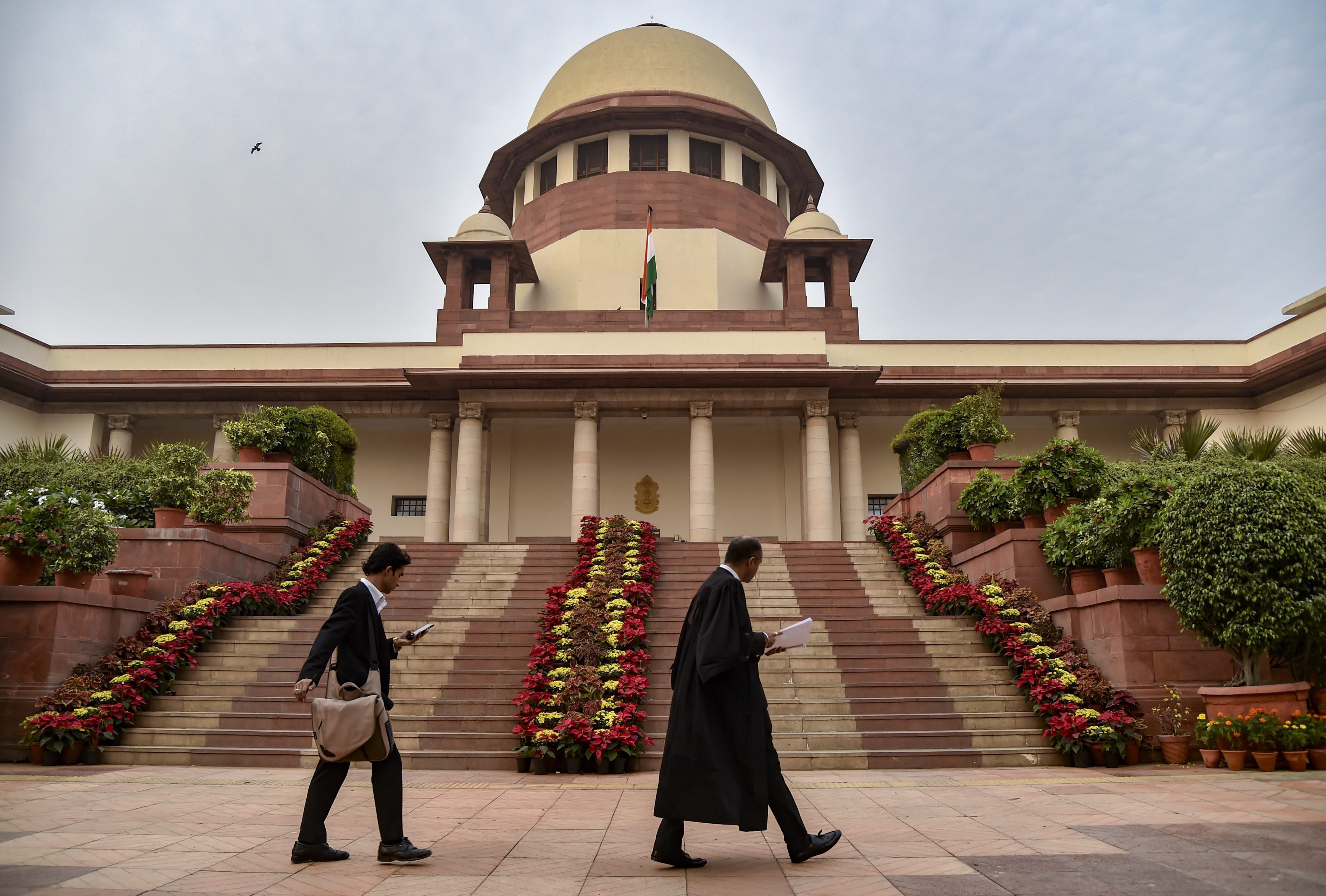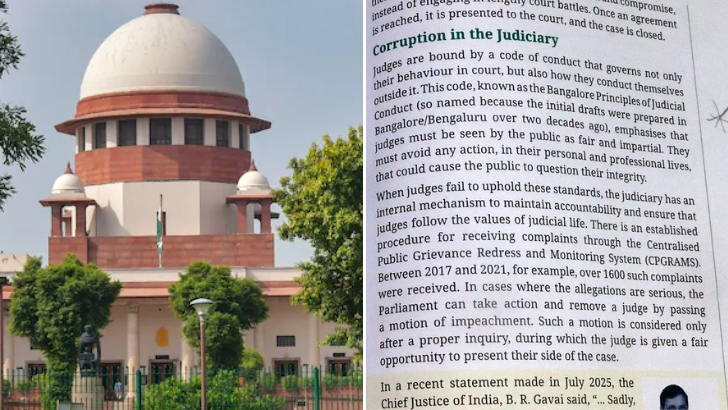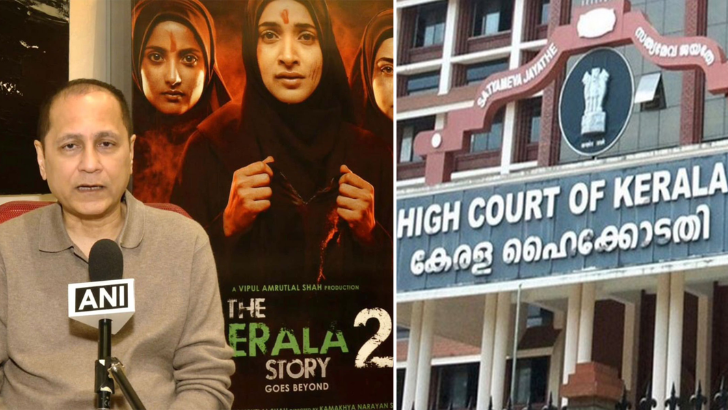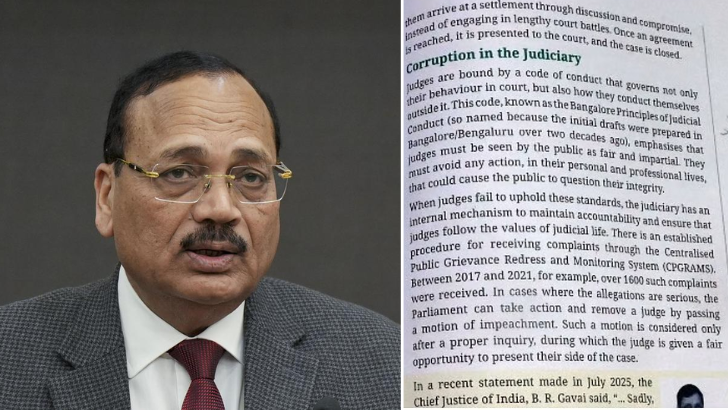Muslim women can get maintenance under CrPC's Sec 125: SC
"Religion neutral" provision is applicable to all married women irrespective of their religion and maintenance is not charity but the right of all married women, Supreme Court said
PTI
-
Representative photo
New Delhi, 9 July
In a judgment of far-reaching
implications, the Supreme Court on Wednesday ruled that a Muslim woman can seek
maintenance from her husband under Section 125 of the CrPC and said the
"religion neutral" provision is applicable to all married women
irrespective of their religion.
The Muslim Women (Protection of
Rights on Divorce) Act, 1986 will not prevail over the secular law, a bench of
Justices BV Nagarathna and Augustine George Masih said while stressing that
maintenance is not charity but the right of all married women. "We are
hereby dismissing the criminal appeal with the major conclusion that Section
125 would be applicable to all women...," Justice Nagarathna said while
pronouncing the verdict. “The Muslim Women (Protection of Rights on Divorce)
Act, 1986 will not prevail over the secular and religion neutral provision of
Section 125 of CrPC,” the bench said.
The two judges gave separate but
concurring verdicts. The erstwhile Code of Criminal Procedure's Section 125,
which deals with a wife's legal right to maintenance, covers Muslim women, the
bench said.
The apex court dismissed the
petition of a Mohammed Abdul Samad, who has challenged a Telangana High Court
order refusing to interfere with the maintenance order of the family court.
He contended that a divorced Muslim
woman is not entitled for maintenance under Section 125 of CrPC and has to
invoke the provisions of the 1986 Act.
The bench had reserved its verdict
on 19 February after hearing senior advocate Wasim Qadri for the petitioner. It
had appointed advocate Gaurav Agarwal as amicus curiae in the matter to assist
the court.
Qadri had submitted that the 1986
Act is more beneficial to Muslim woman as compared to Section 125 of the CrPC.
On 13 December, 2023, the high
court did not set aside the direction of the family court for payment of
interim maintenance by Samad to his estranged wife but reduced the amount from
Rs 20,000 to Rs 10,000 per month, to be paid from the date of petition.
Samad contended before the high
court that they got divorced in accordance with personal laws in 2017 and there
was a divorce certificate to that effect, but it was not considered by the
Family Court, which ordered for payment of interim maintenance. Aggrieved by
the high court’s order, Samad approached the top court.
Leave a Reply
Your email address will not be published. Required fields are marked *










.png)









